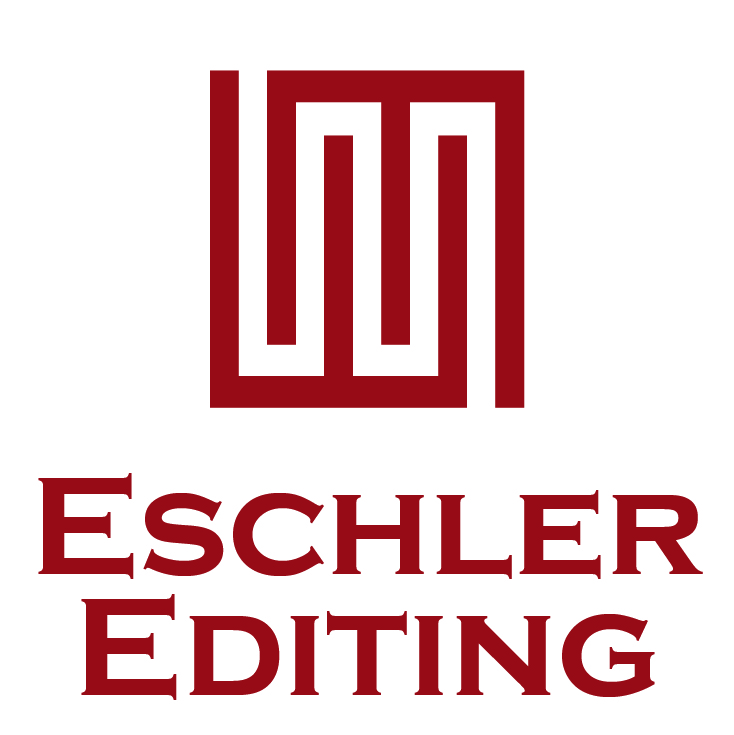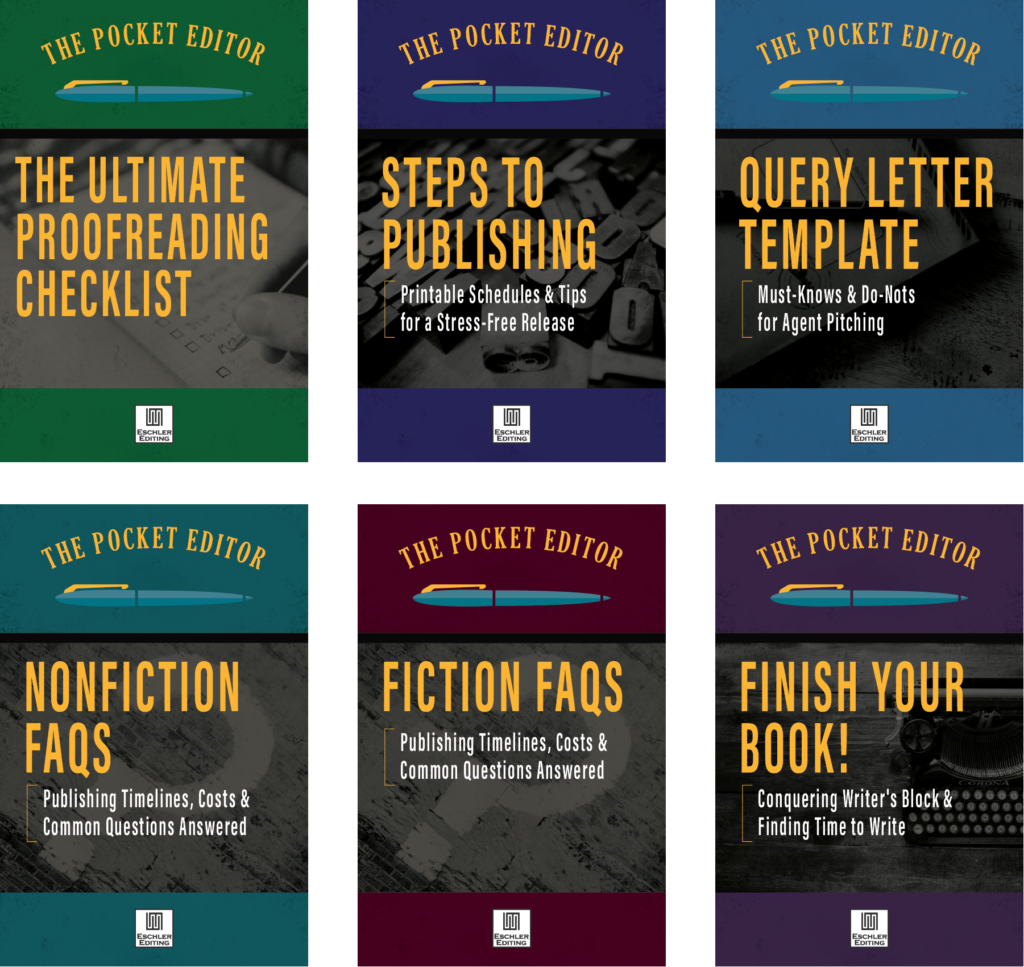Superheroes and the Villains Who Make Them
(In honor of Salt Lake Comic Con)
By Amy Maida Wadsworth
I’ve always related to Spider-Man—not because I’m particularly brilliant or fascinated with arachnids, but because there is a side of me that often feels socially awkward, and it takes a mask (fiction, maybe?) to make me feel like I understand people and have some control over my environment. I also relate with underdogs. In fact, most of my favorite fictional characters are underdogs—the underestimated Katniss Everdeen (The Hunger Games), the overlooked Julian Delphiki (Ender’s Shadow
), and the pushed-aside Connor Lassiter (Unwind
).
Psychoanalyze that.
Superhero stories have stood the test of time because all of the characters are relatable—they represent an accelerated, concentrated version of the everyday good guy. Iron Man is a wealthy playboy who seems cool and collected—but, deep down, he’s scared of vulnerability and loss. Superman wants to save the world—but realizes that in the end, he can’t save everyone. Batman is a vigilante who wants to use his fortune to end crime—but he’s constantly being hunted by police. These heroes struggle with their faults, flaws, and shortcomings while they try to make the world a better place. Sound familiar?
Inevitably, a pesky villain rises to the occasion. As Mr. Incredible says, “I feel like the maid. I just cleaned up this mess! Can we keep it clean for ten minutes?” Despite the constant mess, there would be no hero without a villain. The villain forces the hero to rise from obscurity as he provides the moment of change that essentially creates the hero. The villain makes the story. Or breaks it.
So What Makes a Good Villain?
- Your villain should have a heartbreaking past. Dr. Otto Octavius (Spider-Man’s Doctor Octopus) killed his own wife in a lab experiment. Magneto (X-Men) was a holocaust victim as a boy. The Joker (Batman) has such a troubled past that he only wears it on his sadistic face—a pale, smiling mystery. When we learn about a villain’s past, we can’t help but understand his craziness. It’s almost as if he touches the crazy in all of us and thus creates sympathy.
- Your villain should be as strong as your hero. Here, we’ll bring up Red Skull. His nemesis, Captain America, was treated with super-soldier serum and vita-rays, which basically bulked him up and gave him incredible endurance and an extremely high metabolism. Red Skull was treated with a similar serum. But this treatment accentuates the traits that already exist in the man—so Red Skull becomes a totalitarian super-bully while Captain America becomes the ultimate soldier, built to defend American ideals of freedom. The two are created in similar ways, and their abilities are similar. The greatest differences between them are their values and ideals.
- Your villain should be sympathetic, smart, and strong, but misdirected. Here, we have to bring up Lex Luthor. Superman’s infamous nemesis, Lex sees himself as the hero and Superman as the intruding, alien villain with the power to rule the world. Lex’s determination to rid the world of Superman makes him maniacal, and he doesn’t hesitate to sink to diabolical levels to accomplish his goals. And, let’s face it—Lex is severely outgunned (maybe even an underdog?). If Superman wanted to put an end to Lex, it wouldn’t take much effort from his laser-eyed, faster-than-a-speeding-bullet, man-of-steel self. Deep down, Lex is afraid of what his nemesis could do. (In a psychological tangent here, Lex is probably projecting on to Superman—deep down, Lex knows that if he were all-powerful the way Superman is, Lex would rule the world with an iron fist.) One could argue that if Lex truly understood Superman’s nature, he might not fight in the first place. He might be able to trust the stranger from Krypton. A villain’s misdirection of energy and ability is what makes his plight almost sad to witness. We can’t help but wonder what would happen if he would only use his abilities to accomplish positive things.
Action Steps: 3 Things to Do Now!
Here are some tricks to improve your villain.
- During your character development phase, create the hero and the villain together. You can even give them the same goals—but twist your villain’s approach to or motivation for accomplishing that goal.
- List your hero’s weaknesses and create a villain who can take advantage of those weaknesses. Likewise, your hero’s strengths should counteract your villain’s weaknesses. The two characters fit together like puzzle pieces and thus become evenly matched. If this feels like too obvious a method for character creation, assign a numerical value to abilities that you see in your characters and make sure those numbers match—give them the same amount of advantage.
- Awaken your inner geek and spend some time online looking at comic book villains. The great thing about comic books is that they’ve been around for years. The characters are established, explored, and debated by fans of the graphic novels and the movies. These conversations explore characters on deep, psychological levels, and much can be learned about audience expectation, character progression, story arc, and the psychology behind being a villain. There are tons of fan websites, but I particularly enjoy this site by IGN Comics.
Share your thoughts! What do you think about these expectations for a good villain? How do you apply these concepts to smaller-scale villains in a different fiction genre?





Great article. I agree that villains must have a good backstory. In fact, it is okay to like the villain (take Dr. Horrible for instance). The better the back story on the villain, the more compelling the story on whole will be. I can’t wait to try to create a villain and a hero at the same time. Thanks for the tip.
Thanks, Sabine! Dr. Horrible is fabulous. Let me know how your character creation goes.